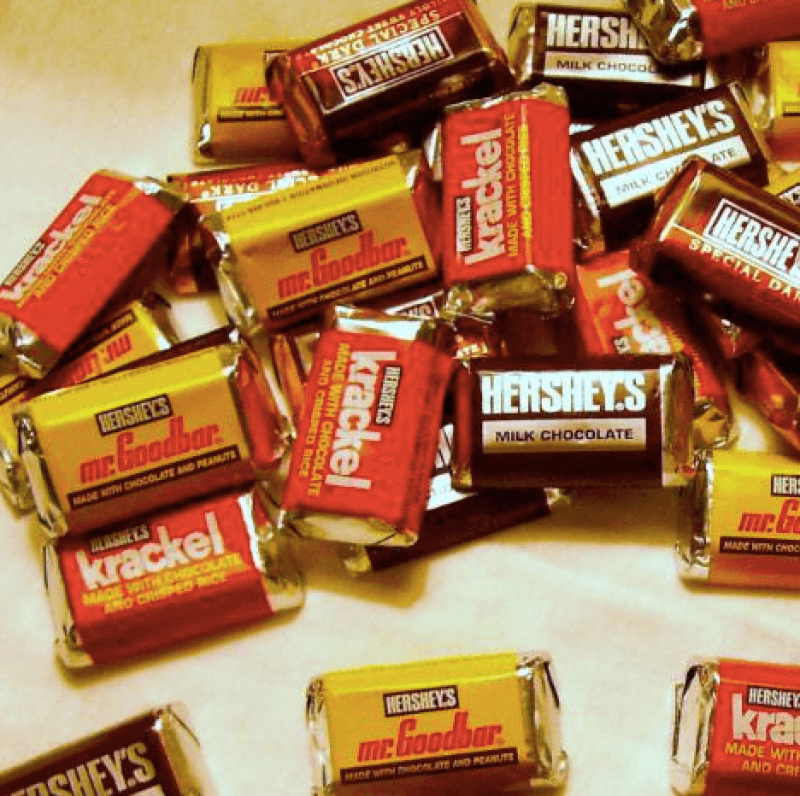You might see more candy labeled “organic” or “non-GMO” in your little sweetie’s Halloween bag this year. … But is this a trick by some food companies to make you feel better about eating their treats?
Let’s rip the mask off this marketing gimmick: There’s no material difference between GMO sugar, organic sugar or regular cane sugar. … The label only refers to how the sugar is grown, not whether it’s better, healthier or safer for you to eat.
. . . .
More than half the sugar produced in the U.S. is derived from the sugar beet, a vegetable grown from a genetically modified seed. …[S]ugar beet farmers use these seeds … because the crops are better for their farms … needing fewer chemicals and less water to grow….
. . . .
The bottom line is companies that replace GMO ingredients with organic or non-GMO ingredients hurt U.S. farmers…. Last May, the Department of Agriculture announced it will import an additional 200,000 tons of cane sugar to meet manufacturers’ demands for non-GMO sugar, in part because of a “lack of consumer information about genetic technology.”
The GLP aggregated and excerpted this blog/article to reflect the diversity of news, opinion and analysis. Read full, original post: Commentary: Don’t be tricked into thinking organic, non-GMO treats are better































